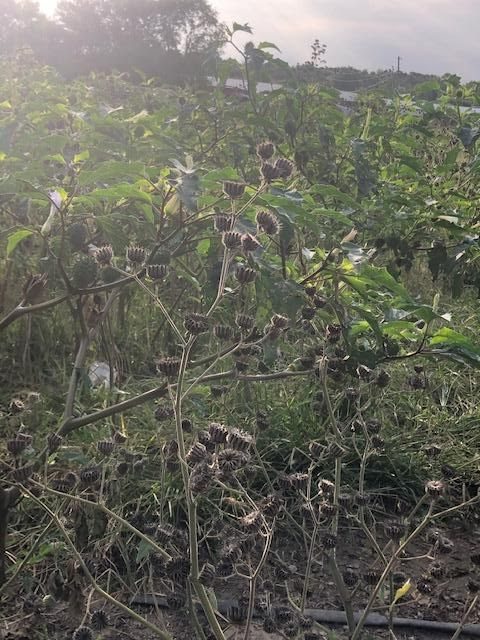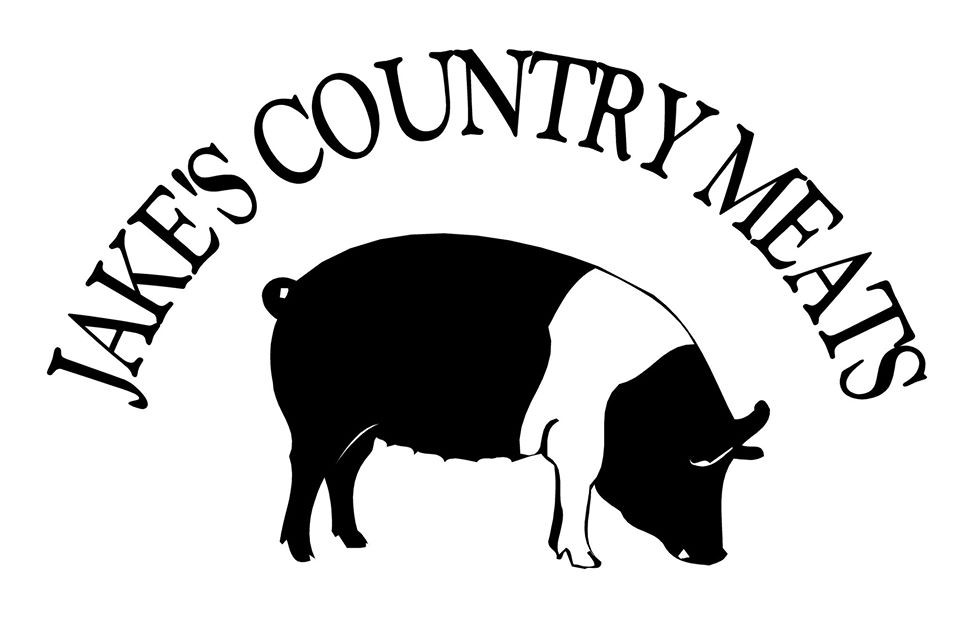A Science Lesson on the Farm
posted on
September 29, 2023
By Renee Robinson-Seelye
Typically when we welcome turkeys to the farm, we know that even under the best of conditions, they can have a hard time surviving. Turkeys have never been known as the most cunning of birds.

We always enjoy observing these birds, since their behavior can be surprising, and their personality is one that can lift a farmers spirits mid-way through the year. We’ve had a season spent chasing turkeys around everyday because they just wouldn’t stay put, or watched the aftermath when a predator took out an entire flock in one afternoon. We simply never know what challenges the turkeys will or will not overcome.
This year, on their first day at the pasture, our overly zealous farm dog scared a couple turkeys away from the flock while he was trying to herd them together. I found one perched in a tree nearby, and another resting within some tall weeds.

The next day visiting the turkeys, I noticed the entire gaggle was seemingly hiding among those tall weeds. The kids and I were going to herd them back to their water source, when we realized we did not want to stroll through these particular weeds.
It was a patch of burrs and jimsonweed. Burrs are those spiny little seed pods that get stuck to your clothing like Velcro while you are hiking. If you’ve visited our farm and our farm dog Tig has greeted you, you’ve seen these tiny little burrs tucked into his fluffy hair. Tig will always have an interesting hair-cut due to his curiosity and this familiar weed.

Jimsonweed, on the other hand, by sight is frightening. At first glance you think to yourself, “yikes, I better stay away from that one,” which is accurate. Jimsonweed is harmful to humans and most animals if ingested. Since most animals leave jimsonweed alone, it can be very invasive.
If ingested by humans it can manifest hallucinations, which has caused humans to experiment with this weed. Most have found that it’s not one to mess with as it causes more harmful and even deadly effects to your body than you’d like to experience.
Jimsonweed produces a spiked pod that holds seeds, and as the Summer fades into Autumn, the pod dries, opens and scatters the seeds. Once dried, the pods are daggers to your skin and cause pain when touched.

Why are the turkeys gathering in these unpleasant surroundings? After observation I noticed the birds are the perfect height to avoid the dried seed pods, causing no harm to their bodies. However, an animal the size of our farm dog Tig can’t avoid their discomfort.
Is this their natural instinct kicking in to protect themselves from lurking predators? Have they found their safe place? Time will tell, but I think it’s no coincidence that I see the gaggle of birds each morning in this same patch of weeds.
Sometimes we need to sit back and observe behaviors of nature and learn from them before implementing an effective role into the ecosystem. This observation proved to us that turkeys may be more intelligent than we anticipate. Also, jimsonweed is one that we now understand has value to a turkey’s survival, yet carries a fatal risk if ingested.
Should we remove all plants as we notice them? Is there a natural way to rid them from this field through healthy pasture-growth? Is their value to a turkey worth the risk?
Observational science begins, yet again, on the farm.





